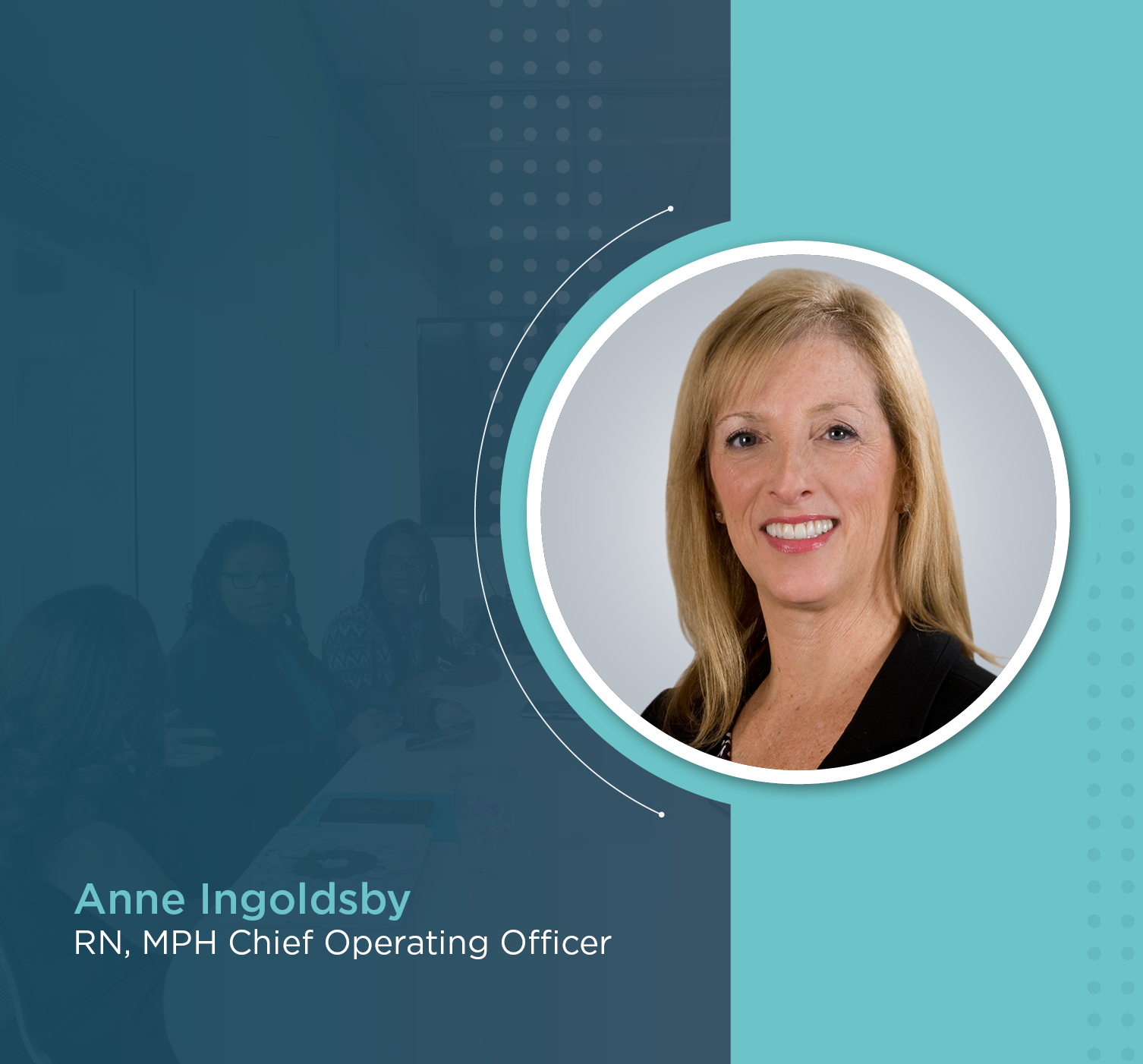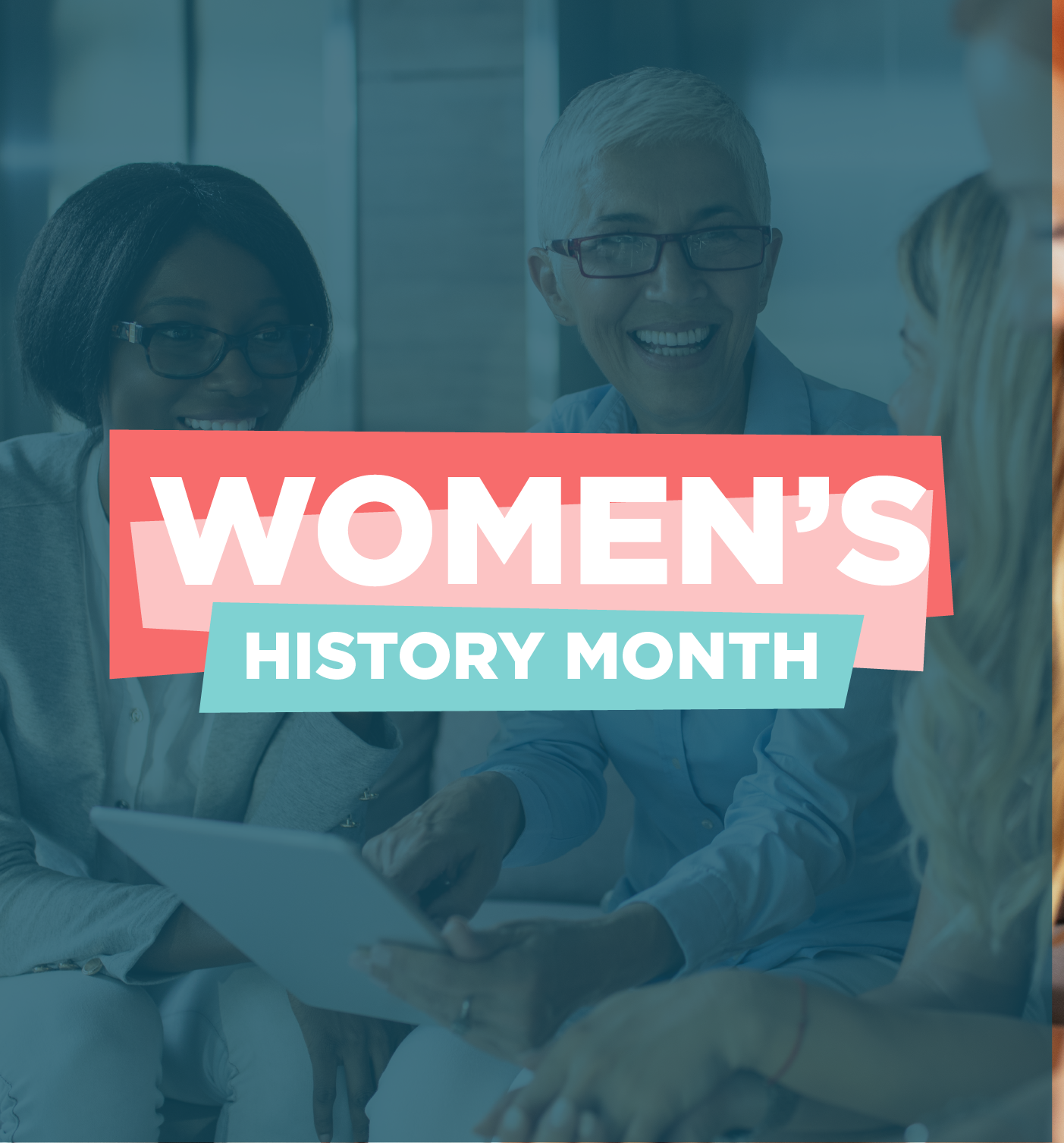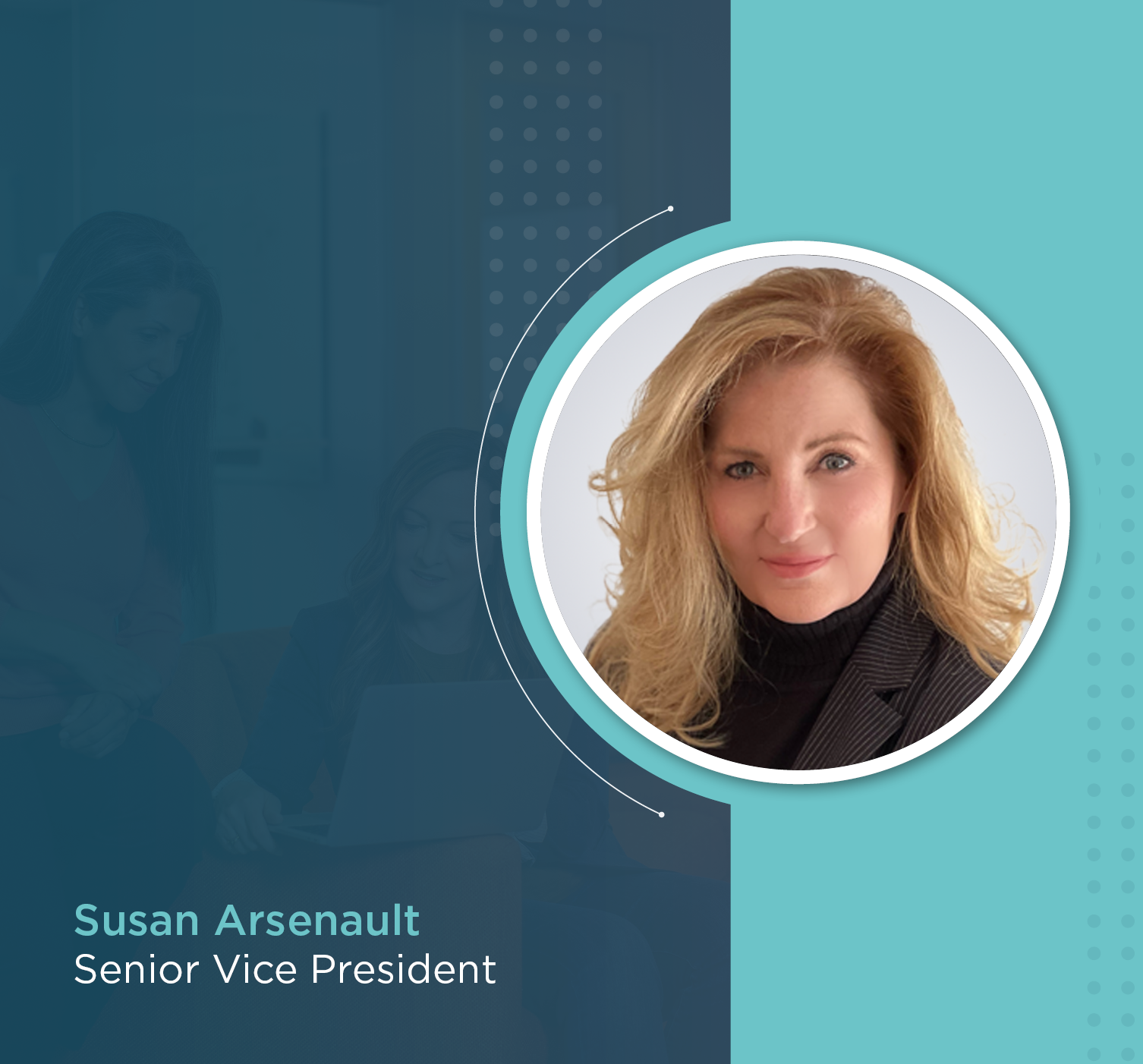The People Behind Davies: Interview with Rosemary Wickham, Director and Consulting Actuary
February 15th 2023
In celebration of Be An Actuary Month, we interviewed Rosemary Wickham, Director and Consulting Actuary, to learn about her role and what it takes to become an actuary. In our interview, we discussed her academic background, requirements to become an actuary, and any misconceptions associated with being an actuary. If you have ever considered a career in the actuarial field, read on to learn first-hand the journey to becoming an actuary.
To begin, can you tell us a little bit about your position and what you do?
I’m a director of the actuarial practice at Davies, I am a credential actuary, and fellow of the CasualtyActuarial Society. There are certain projects that we do for our clients so my day-to-day is working for clients that are in need of actuarial services. Right now, a lot of the work I do is currently related to reserves analysis, which is something that insurance companies and captive insurance companies need an actuary to estimate and to provide an opinion on. So, since I’m a credential actuary, I can sign those opinions. Many of the deadlines are the end of February so the work that’s done predominantly this time of year is related to those reserve studies. The other work I do is related to either a pricing or a funding study. So, it’s estimating the amount of risk that someone is insuring. And that gets turned into a premium amount or how much you need to fund to manage that risk yourself.
Can you tell me about your academic background?
I went to Appalachian State and got a B.S. in applied math with an actuarial concentration. When I was choosing this career path, the actuarial concentration at Appalachian was getting the math majors into the business department, so I was exposed to accounting, finance, law, insurance, economics, all those classes that added the business aspect to the highly concentrated math degree.The other piece of my education was going through the actuarial exams. I went through the CasualtyActuarial Society and it’s a series of exams that take you through a lot of the information that we need to know and understand for when we do our work. There are two levels of credentials: there’s associateship and then fellowship. I completed the whole series of exams as part of the credentialingand making me qualified to render actuarial opinions.
At what point in your academic career did you decide that you wanted to work in the actuarial world?
When I was in high school, USA Today did an initial survey of careers and on their survey, actuaries came in as the top position. I had a very strong math background and it was recommended by my teachers to pursue that and stay focused in math. So, when I went to Appalachian instead of going a route such as teaching, they had the actuarial concentration and degree. So that’s all I really knew about it until my junior year when I took an insurance course and did an internship with an insurancecompany that summer. And then I graduated that winter and started my career.
What is a benefit of working as an actuary?
There’s a clear path in your career development. So, as you’re going through your exams, you are progressively getting more expertise for the work that you’re doing. Some people will graduate from their undergrad, and they’ll look to go to grad school. That is a path you can take, and you can get actuarial exams and then graduate and get your graduate degree. Or you can go right to work and besalaried and building up real life actuarial expertise while taking the actuarial exams which is really beneficial to your career. So, you can see a path or see a clear line after you graduate with your undergraduate degree. Consequently, once you’re in the field and have gotten through a certain number of exams and experience, there’s also a pretty clear-cut path of higher roles, responsibilities,and compensation. So, what you can do is quite clear and it’s easy to outline.
What were the actuarial exams like?
Getting through the actuarial exams is not easy. They are three-to-four-hour exams each and when Itook them, there were a series of ten that were then broke down into smaller parts. For example, part three would have part 3a and 3b and so on and so forth. But for a four-hour exam, you get paid study time through work. So, you take part of your time and you’re paid to study and then you also have to take unpaid study time, which are your nights and weekends. We went through a series of taking these exams twice a year. You just have to be really disciplined and efficient. Not everyone is a great test taker, but great test takers don’t necessarily equate to great actuaries. There’s just a process you have to work through to stay on track and get through the exams and still do your work.Some people change courses or stop at your associateship and get just one credential or stop and goback after a few years so there’s no rigid timeframe. The credentials are essentially saying that you are qualified to render an opinion and you have to have that credential to do so and give your signature.
What advice would you give a high school or undergraduate student wanting to pursue this career?
A lot of people that do pursue this career are proficient in math and most are students that have floated to the top of the math world. If you’re looking into the career, I think it’s a great career. Some people struggle when they enter because of the work life balance in the beginning and managing those initial gears out of school with taking the exams and it can be quite overwhelming. Sometimes, it’ll lead to a first fail in their life. They’ve always done really well in school and in collegealways got really good grades and now they’re in a pool of people exactly like them and the exam process is pretty high level and some people do fail. But sometimes it just means you’re not doing something quickly enough because it’s a timed exam or you didn’t focus enough on something that ended up being on the exam versus someone else. So having that resilience of being able to digest the first time you’ve had a fail and seeing that there is still a path and not getting discouraged. You also have math and statistics proficiency and some programming skills are good because the way thecareer is going there’s a little more big data. It’s a career that can be very appealing to introverts, so communication skills are critical as well.
Are there any misconceptions about the field or what you do?
Because actuaries are known for their technical skills, communication is something everyone can be better at. And I would say to any students or anyone that’s going into the field should practice talking to people about what they’re trying to do, even projects they might be working on with their professors, talk it through. Understand the problem and optimal solutions because a lot of what we do, particularly as consultants, is we get looked to for solving a problem or need that is not easy to solve. It’s not always pulling a textbook off the shelf and following a recipe to solve the problem. Youhave to come up with possible scenarios because we’re projecting into the future, which we use all that statistical background that we have to help us come up with proxies for the risk. It’s not always something that’s really clear and straightforward but if you have enough tools in your toolkit and you can extrapolate thoughts, you can come up with something to bring to people to help them make their business decisions. Most students when they think of actuaries, they automatically think insurance company. I do work for insurance companies but we’ve also worked for insurance department regulators or self-insured folks. So, I think it’s a lot broader than some students know.
If you would like to continue the conversation or learn more about the actuarial services we provide,please reach out to Rosemary Wickham, Director, at rwickham@merlinosinc.com.
-
March 29th 2023
Women's History Month: Interview with Anne Ingoldsby
At her very core, Anne Ingoldsby, COO of Davies Life & Health, is…
-
March 1st 2023
Celebrating Women Who Tell Our Insurance Story
Few people realize that Women’s History Month has been celebrated in the U.S.…
-
April 27th 2023
The People Behind Davies: Interview with Susan Arsenault, Senior Vice President Audit Solutions
Rich with inspiring speakers and highly interactive discussions, the 31st Annual Davies Medical…


